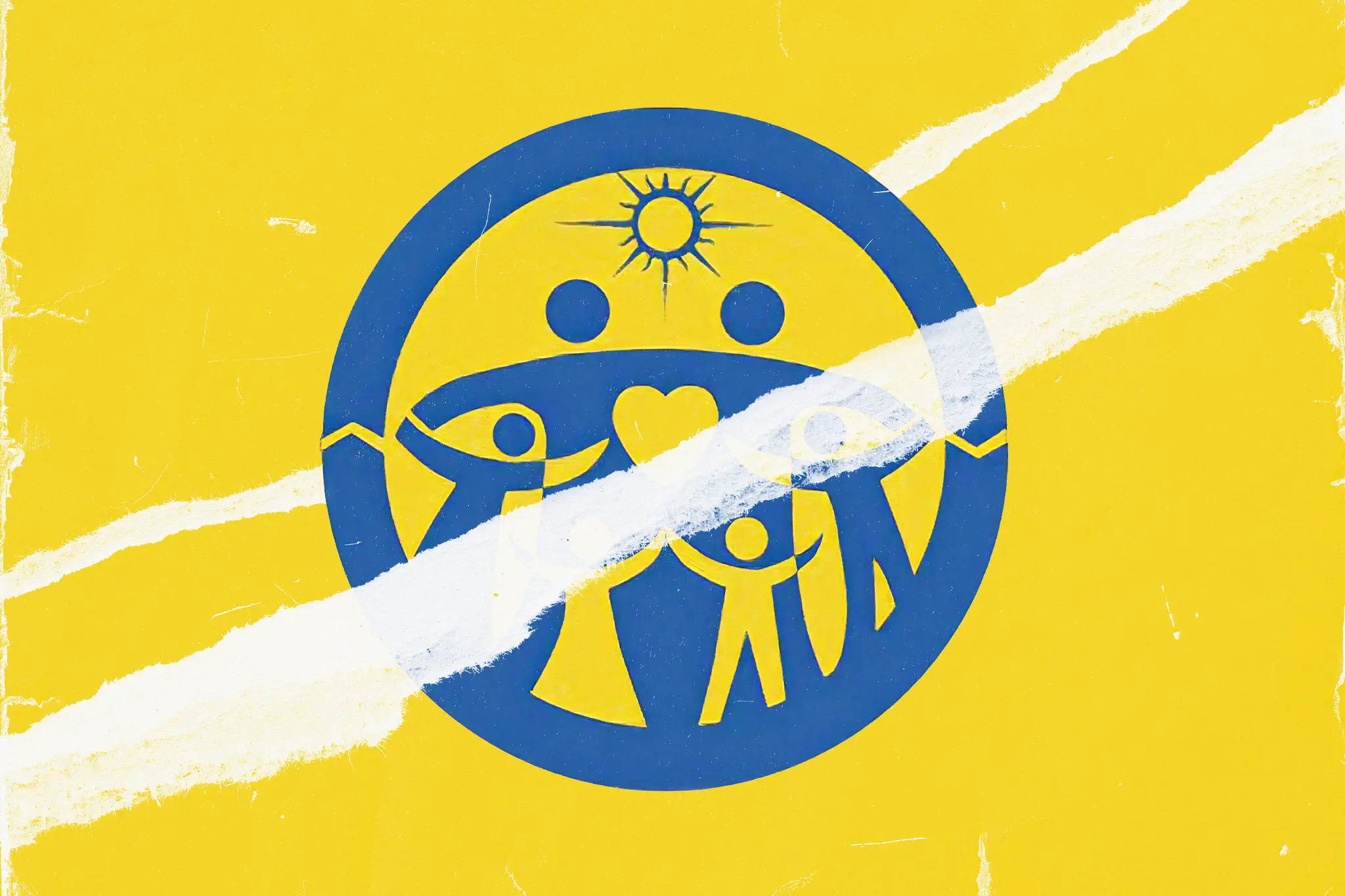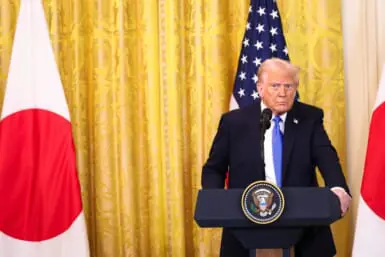The Unification Church, long protected by its political ties, now faces its day of reckoning. In a historic ruling, the Tokyo District Court ordered the dissolution of the Unification Church as a religious organization on March 25, condemning its alleged illegal solicitation of donations. This decisive ruling comes just under three years after the assassination of former Japanese Prime Minister Shinzo Abe, which uncovered the church’s deep and troubling connections to both its victims and Japan’s political establishment.
Abe’s killer, Tetsuya Yamagami, claimed that his family’s financial ruin, caused by the church’s coercive donations, fueled his grudge against the politician. The former prime minister’s ties to the church — whose practices were deeply embedded within the far-right wing of Japan’s political establishment — became a flashpoint for public outrage. His assassination exposed the organization’s toxic influence on Japan’s political landscape, with revelations of close relationships between the Unification Church and high-ranking Liberal Democratic Party (LDP) officials.
The Unification Church’s Relentless Financial Demands
Despite the church’s 2009 declaration of compliance that promised reforms, the institution reportedly continued to manipulate and exploit its followers. The Ministry of Education, Culture, Sports, Science and Technology (MEXT) petitioned for the dissolution, citing a persistent pattern of unlawful behavior. The church’s relentless financial demands, particularly its forced donations, were deemed a violation of civil law. The court’s decision also marks the first time a civil law tort has been used as the basis for dissolving a religious organization.
The Unification Church — founded by Sun Myung Moon in South Korea in 1954 — has long been controversial. It’s notorious for its mass wedding ceremonies and aggressive proselytizing. But it was the 2022 assassination of Abe which served as a tipping point. Investigations revealed that the church’s financial abuse was a key part of its operations since the 1980s.
The court’s decision is just one part of a larger effort to expose the church’s insidious influence. Investigations have shown that nearly 200 former followers are seeking damages totaling ¥5.7 billion, citing forced donations and exploitation.
Ties to the LDP
The church’s entanglements with the LDP were also laid bare when it was revealed that 179 out of 379 lawmakers had ties to the organization. From attending church events to receiving donations and offering political support, the extent of the LDP’s connections to the church shocked the public and led to the resignations of several ministers.
With the dissolution order, the church will lose its religious corporation status, which previously exempted it from paying taxes. However, it has vowed to appeal the decision, dragging out the fight in a case that will likely stretch to Japan’s highest courts.









